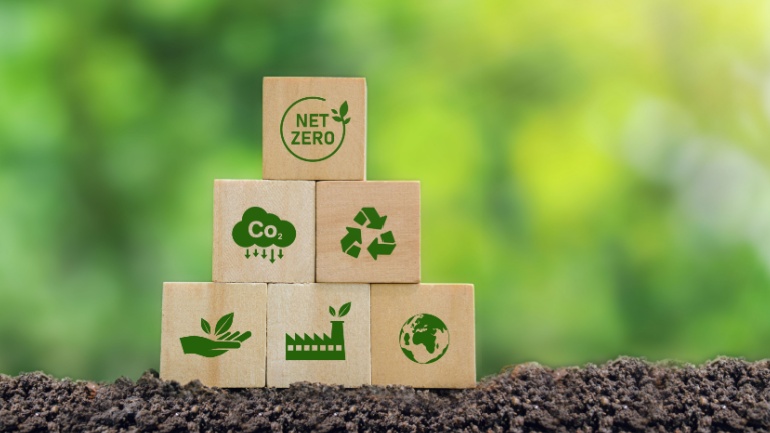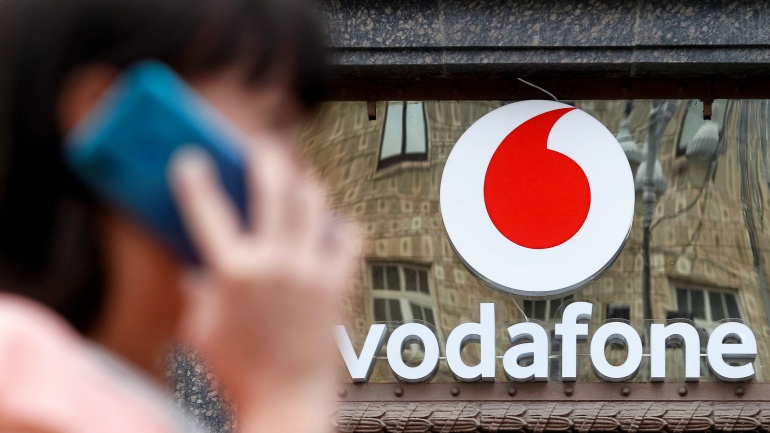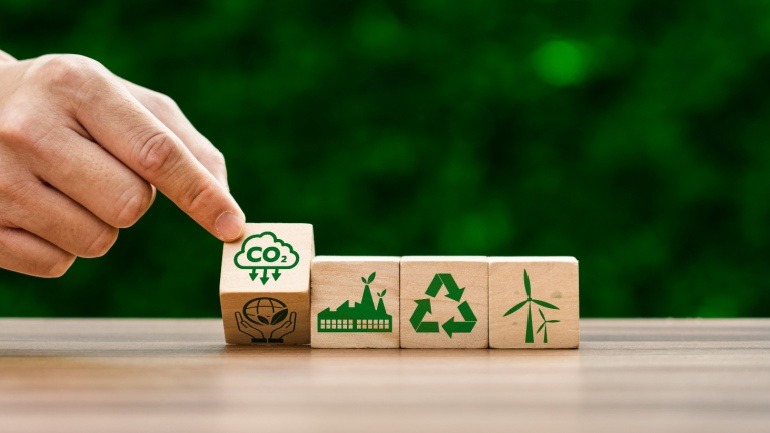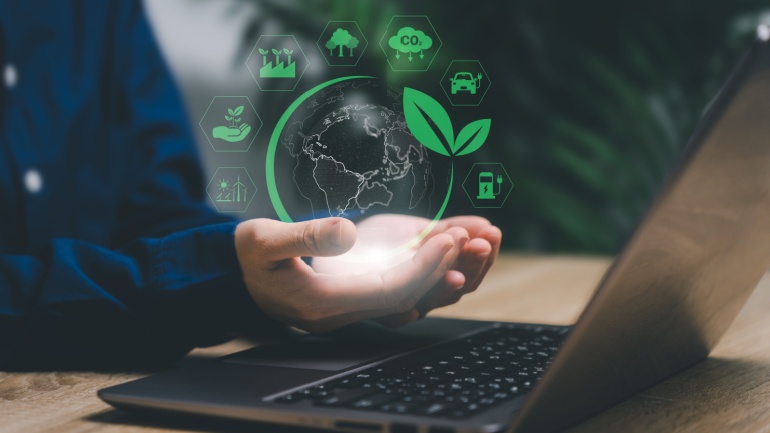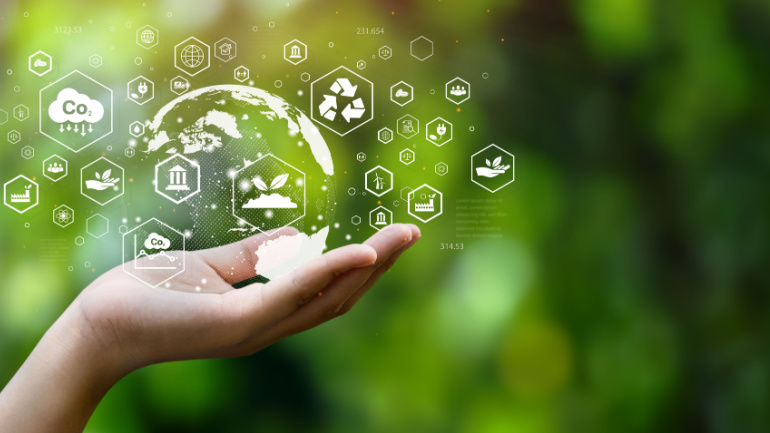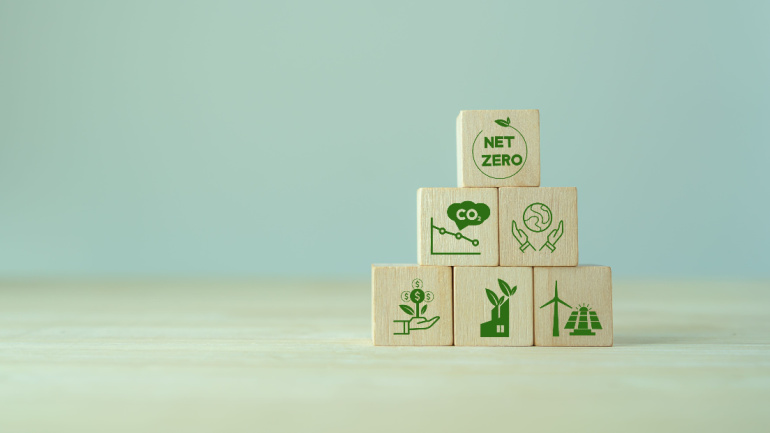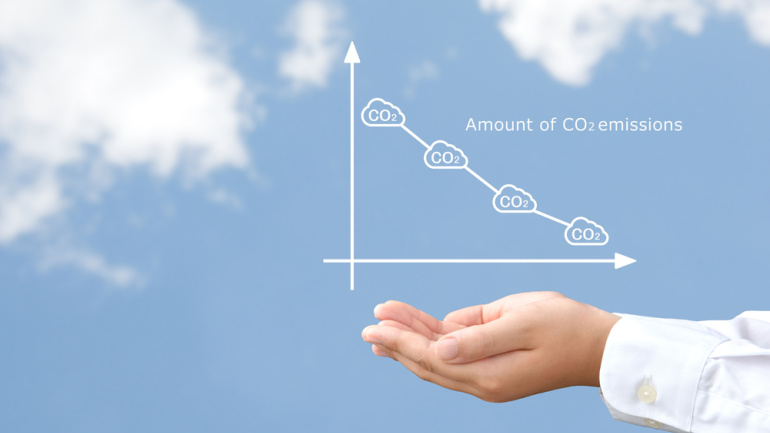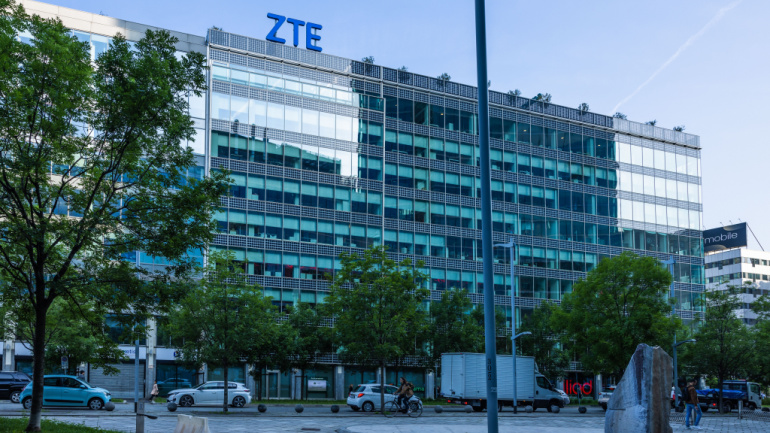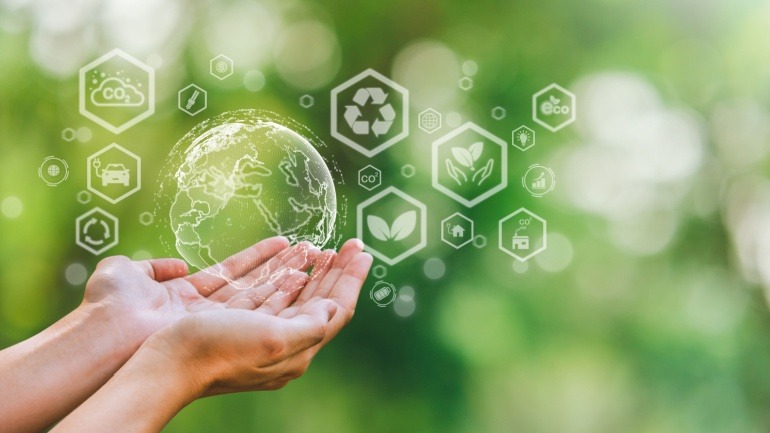Leading tech companies Google, Meta, Microsoft, and Salesforce have announced the formation of the “Symbiosis Coalition,” a collaborative effort aimed at reducing their carbon footprints through nature restoration projects. The coalition has pledged to secure up to 20 million tons of nature-based carbon removal credits by 2030.
The multinational telecommunications company, Vodafone, has committed to reduce its global carbon footprint that is generated as a result of its business operations to net zero by 2040. The company has already outlined a number of actions to reduce the environmental impact of its activities. It has set a new goal of stricter targets for the wider business and related third parties. As stated by the company, by 2030 all carbon emissions from its activities and the energy purchased and consumed will be eliminated. Vodafone has also committed itself to halving the use of its carbon footprint from Scope 3 sources, including joint ventures, all supply chain purchases, products it has sold and business travel by 2030. The group plans to completely eliminate emissions from Scope 3 by 2040. This plan will shorten the original projections by ten years, as the operator initially set a net zero target…
Logicalis has announced remarkable progress in its environmental sustainability efforts, as detailed in the Responsible Business Report 2024. Notable achievements include a 27% reduction in scope 1 emissions and a 17% reduction in scope 2 emissions. These efforts align with Logicalis’s goal to reach net-zero emissions by 2050.
Neterra, a leading global communications service provider, has achieved carbon neutrality for 2023, certified by Verra. This milestone emphasizes Neterra’s dedication to reducing its carbon footprint and supporting ecological sustainability, specifically through initiatives like the Keo Seima Wildlife Sanctuary project, contributing significantly to biodiversity and greenhouse gas emission reduction.
Aiming to diminish the climate impact of legal proceedings, a group of dedicated lawyers is advocating for sustainable litigation practices across England and Wales. Aligned with the 2015 Paris Agreement, the initiative pleads with organizations striving for Net Zero emissions to adopt the Greener Litigation Pledge. VMO2 plays a key role in this movement, with ambitious plans to reduce its emissions by 90% by 2040.
Taking bold steps towards combatting climate change, Japan’s leading telecom firm, NTT DoCoMo, unveils ambitious initiatives looking to drastically cut its scope 3 emissions. These indirect emissions derive largely from the supply chain, making up approximately four-fifths of the company’s total greenhouse gas output. Taking the bull by the horns, DoCoMo is charting an eco-conscious path, pledging to fully utilize renewable energy sources and implement energy-saving measures across its network. With an eye on the future, the telecom titan plans to transform its supply chain to become environmentally friendly by 2040, all while leveraging technology to help suppliers and customers visualize their carbon footprint. As the telecommunications industry continues to battle climate change, stay tuned for further updates.
In a promising move towards transparency, UK’s BT and software giant SAP have joined forces to test SAP’s Sustainability Data Exchange (SDX) – a novel system that captures, tracks and shares data on obscure, indirect emissions, known as Scope 3. Given the numerous entities and different methodologies involved in disclosure, SDX utilizes carbon data interoperability standards to provide a unified portal for monitoring supply chain emissions data, thus streamlining the gathering and dissemination of precise Scope 3 information.
Discover how ZTE reduced greenhouse gas emissions by 7.5% through low-carbon strategies while investing in AI-driven digital energy solutions and joining the Science Based Targets initiative for a sustainable future.
Nokia introduces a Private Wireless Sustainability Calculator to boost industry sustainability through private wireless networks. Leveraging extensive deployment experience, this tool aids enterprises in achieving environmental and social goals. Key benefits include lower carbon emissions, improved safety, and cost savings, crucial for Industry 4.0 applications like drones and digital twins.
BT launched NB-IoT network covering 97% of the UK to boost IoT use in sectors like utilities and construction. Elisa and Nokia showcased 5G Advanced’s L4S technology, demonstrating its potential to improve connectivity. Nokia’s Virtual Power Plant Controller Software enables mobile operators to lower energy costs, earn revenue, and reduce carbon emissions. LeapXpert and ASC collaborate to offer a compliance recording solution for Microsoft Teams, enabling regulated external communications.



